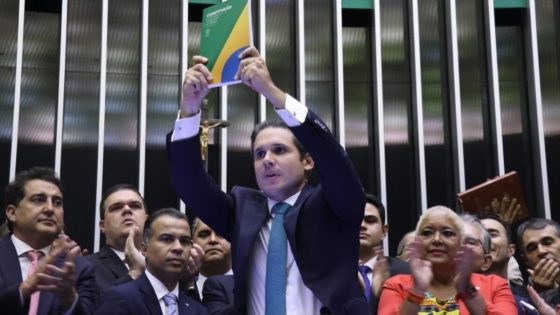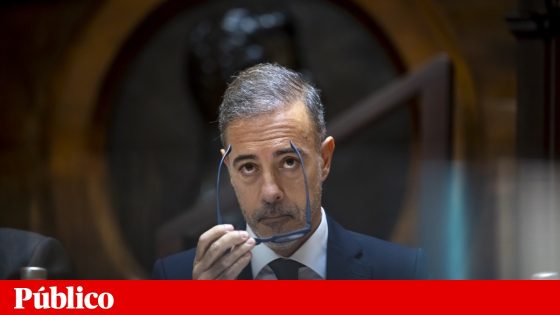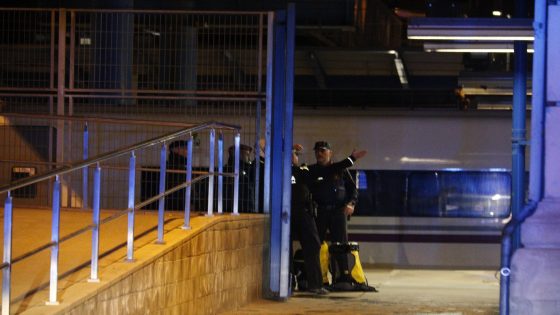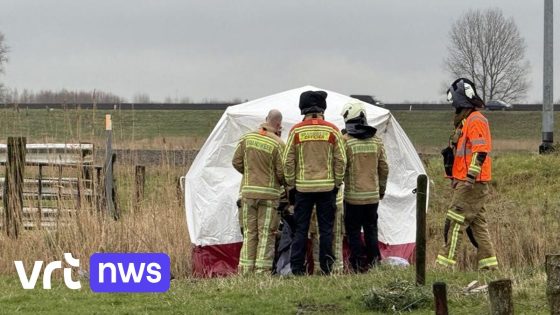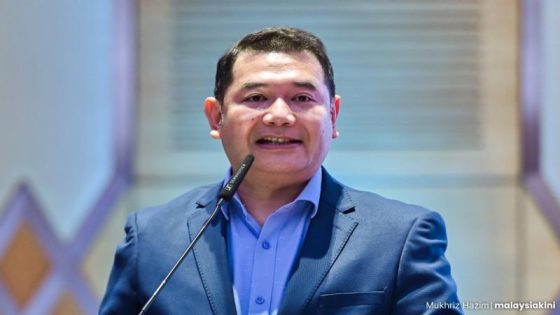On February 1, 2025, Hugo Motta was elected as the new president of the Câmara dos Deputados, marking a significant moment in Brazilian politics. With 444 votes, he achieved the second-highest score in the chamber’s history. How will this young leader, at just 35, shape Brazil’s democratic future?
- Hugo Motta elected as youngest Chamber president
- Received 444 votes, second highest ever
- Emphasized democracy and free press importance
- Held Constitution during inaugural speech
- Referenced film about political repression
- Committed to serving Brazil as priority
Hugo Motta’s Vision for Brazil’s Democracy and Economy
What does a strong parliament mean for Brazil’s future? Newly elected president Hugo Motta believes that a robust legislative body is crucial for democracy. He stated, “There is no dictatorship with a strong parliament,” highlighting the need for a united front against authoritarianism. Motta aims to prioritize economic stability to support the most vulnerable citizens. Will his leadership bring the change Brazil needs?
Understanding the Election Process in the Câmara dos Deputados
The election of Hugo Motta was not just a personal victory; it was a reflection of the current political landscape in Brazil. Motta competed against Marcel Van Hattem and Pastor Henrique Vieira, securing a decisive win. His election signifies a call for unity and a commitment to democratic values.
Key Factors in Motta’s Election as President
Several factors contributed to Hugo Motta’s successful election:
- Strong support from various political factions.
- A clear message advocating for economic stability.
- Emphasis on the importance of a free press in democracy.
- Engagement with younger voters seeking change.
Motta’s Commitments and Future Goals
In his inaugural speech, Motta made three commitments: to serve Brazil, serve Brazil, and serve Brazil. He aims to foster a collaborative environment among government branches while addressing economic challenges. His focus on democracy and stability raises questions: Can he deliver on these promises?
As Hugo Motta steps into this influential role, the world watches closely. His leadership style and policies could set a precedent for future generations in Brazil and beyond. Will he be able to navigate the complexities of governance and uphold democratic values?



